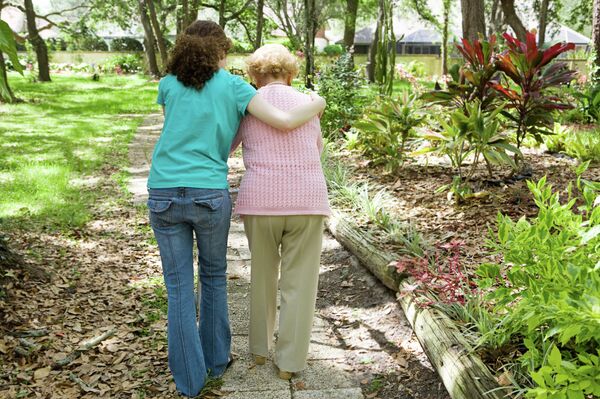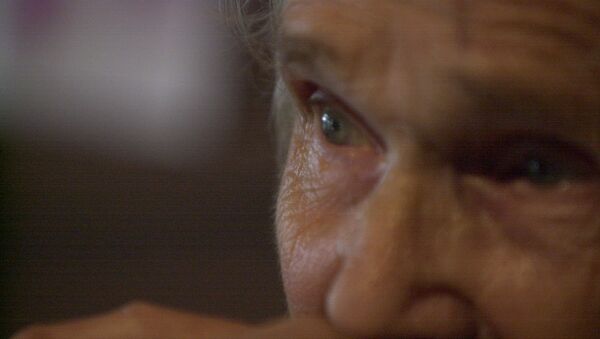With a generation of caregivers unsatisfied by the idea of leaving fatally ill patients to die in sterile hospitals, hospice care in the U.S. originated in the 1970’s. Staffed primarily by volunteers, hospice workers sought to provide the assistance needed to let the dying pass in familiar, welcoming environments, often in the home.
But in the last few decades, hospice care has grown into a $22 billion a year industry that has managed to outpace federal legislation.
Violations of Comfort
According to the study done by the Huffington Post, the hospice industry is fraught with transgressions both large and small, both select and systemic.
Many minor violations include simple things like failing to replace a smoke alarm battery, or making a clerical error in a patient’s charts.
More serious offenses include accidental administering of medicine, resulting in the patient’s premature death, or failing to properly address patient concerns about personal safety.
Workers at Accent Hospice Care failed to alert law enforcement about a 78-year-old woman who feared she would be killed by her husband, even after nurses discovered that the woman’s oxygen tubes had been mysteriously tied in knots one night.
Another nurse at the same hospice center was found to be withholding seizure medication because she believed the patient’s relative was stealing the drugs. The patient experienced a panic attack as a result.
Unity Hospice of Northwest Indiana was accused by inspectors of not offering bereavement counseling, a key part of hospice care, and one family complained that a nurse was neglecting a patient’s medical care and kissing the patient inappropriately.
Other problems relate to the system as a whole. Almost all major for-profit hospice companies have been sued by federal prosecutors within the last few years for Medicare fraud. These companies have allegedly received taxpayer money to enroll patients who did not yet qualify for hospice care, and for administering expensive, unnecessary levels of care.

“There are two kinds of hospices in America: the ones that get it right, and those that should be out of business,” said Don Schumacher, president of the National Hospice and Palliative Care Organization.
According to the Texas Department of Aging and Disability Services, this kind of broad, administrative mishandling is the number one complaint among hospice care patients.
Solutions
“I have mixed feelings about what would happen to my nonprofit hospice if there were more regulatory attention,” said Robert Stone, head of the hospice unit at Indiana University Health Bloomington. “But there are just too many bad apples out there not to reform the system.”
One of the main problems hospice care reformers face is the absence of an effective disciplinary system.
If state inspectors find any type of wrongdoing – be it minor or major – the state’s only recourse is to shut the center down completely. No legislation exists to create varying degrees of infractions, or to place fines or financial penalties on individual offenses.
Because revoking hospice center licenses is such a drastic move that ultimately leaves millions of hospice patients without a provider, inspectors are hesitant to act. Only 16 hospice groups have been punished in the last decade.
Even getting inspectors into the field is an underfunded challenge. As of October of 2014, 400 hospices had gone up to six years without an inspection taking place.
Once those inspections occur, most inspectors are satisfied with a simple, noncommittal promise to right company wrongs.
“Hospice is the most runaway program we’ve got,” said Carolyn Duck, retired supervisor of state inspectors in Alabama. “They’re out there doing whatever they want. When an inspector is in there every seven years, they may feel like no one’s looking.”
The debate rages on within the hospice care world. Nonprofits accuse the for-profits of giving the profession a toxic reputation, and for-profits say many patients are satisfied, and refuse to be painted with such a broad brush.
But surely all sides must agree that some sort of accountability is necessary for those caring for our ailing mothers and fathers.



